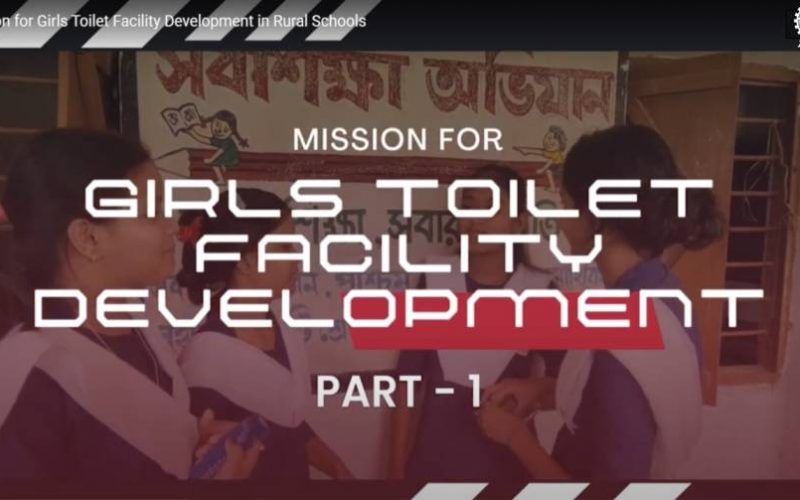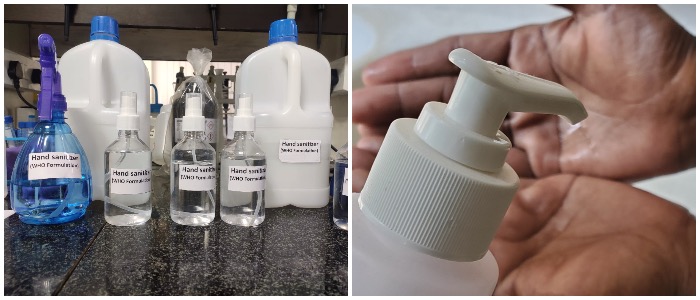
Action Research Project for Ladies’ Toilet Facility by Mr. Mukul Khandelia & Prof. Somnath Ghosal
IIT KGP Foundation extend their hand to develop health and hygiene facilities for Gopali IM High School, Kharagpur Just imagine going through your day without access to clean water and a toilet. This is a harsh reality that millions of Indian women face every day. The lack of proper sanitation and hygiene facilities for women in India is a pressing issue that needs to be addressed with immediate effect. Improving access to clean sanitation and providing adequate hygiene facilities in schools and workplaces will empower women and promote gender equality in respective areas of concern. In modern India, where women…




